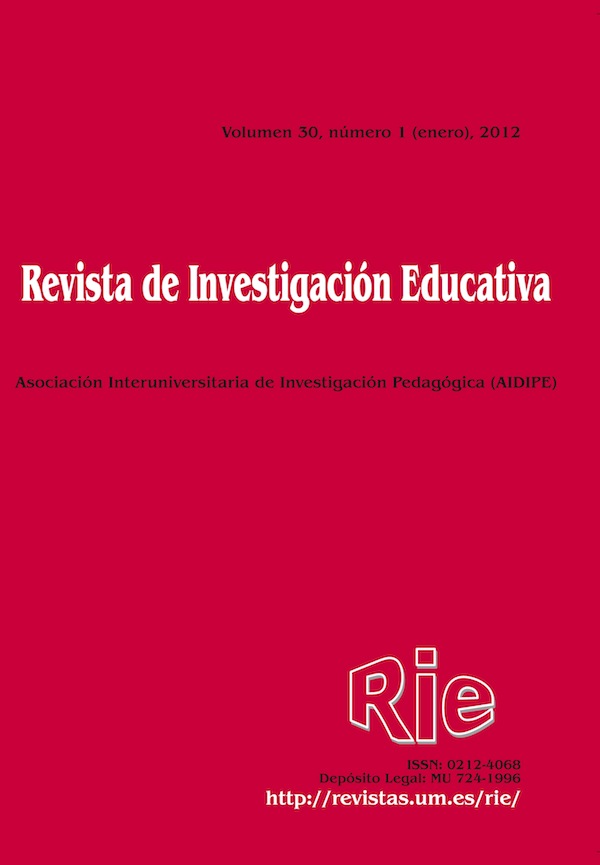La práctica basada en la evidencia en la logopedia española: actitudes, usos y barreras
Agencias de apoyo
- Junta de Andalucía
- Grupo Investigación HUM-605 y Fundación Pedro salesa
Resumen
Se analizan las actitudes de los logopedas españoles hacia la Práctica Basada en la Evidencia (PBE), el uso de diferentes recursos en el proceso de toma de decisión clínica y la percepción de barreras hacia la PBE a través de la aplicación de un cuestionario a 217 logopedas de varias comunidades autónomas. Distintos análisis de regresión múltiple analizan la capacidad predictiva de diferentes variables sobre las actitudes, usos y recursos hacia la PBE, detectando que el contacto con la literatura científica durante los años de formación académica y, sobre todo, de ejercicio profesional, constituye el factor más importante para mantener actitudes positivas hacia la PBE, utilizar más recursos y fuentes de documentación en la toma de decisión y percibir menos barreras hacia la PBE. El interés por la PBE y la actualización científica no decae con el tiempo de ejercicio profesional , como predicen los análisis de regresión realizados.
Descargas
-
Resumen1044
-
PDF2937
Las obras que se publican en esta revista están sujetas a los siguientes términos:
1. El Servicio de Publicaciones de la Universidad de Murcia (la editorial) conserva los derechos patrimoniales (copyright) de las obras publicadas, y favorece y permite la reutilización de las mismas bajo la licencia de uso indicada en el punto 2.
2. Las obras se publican en la edición electrónica de la revista bajo una licencia Creative Commons Reconocimiento-NoComercial-SinObraDerivada 3.0 España (texto legal). Se pueden copiar, usar, difundir, transmitir y exponer públicamente, siempre que: i) se cite la autoría y la fuente original de su publicación (revista, editorial y URL de la obra); ii) no se usen para fines comerciales; iii) se mencione la existencia y especificaciones de esta licencia de uso.
3. Condiciones de auto-archivo. Se permite a los/as autores/as a difundir electrónicamente las versiones pre-print (versión antes de ser evaluada) y/o post-print (versión evaluada y aceptada para su publicación) de sus obras antes de su publicación, ya que favorece su circulación y difusión más temprana y con ello un posible aumento en su citación y alcance entre la comunidad académica.










